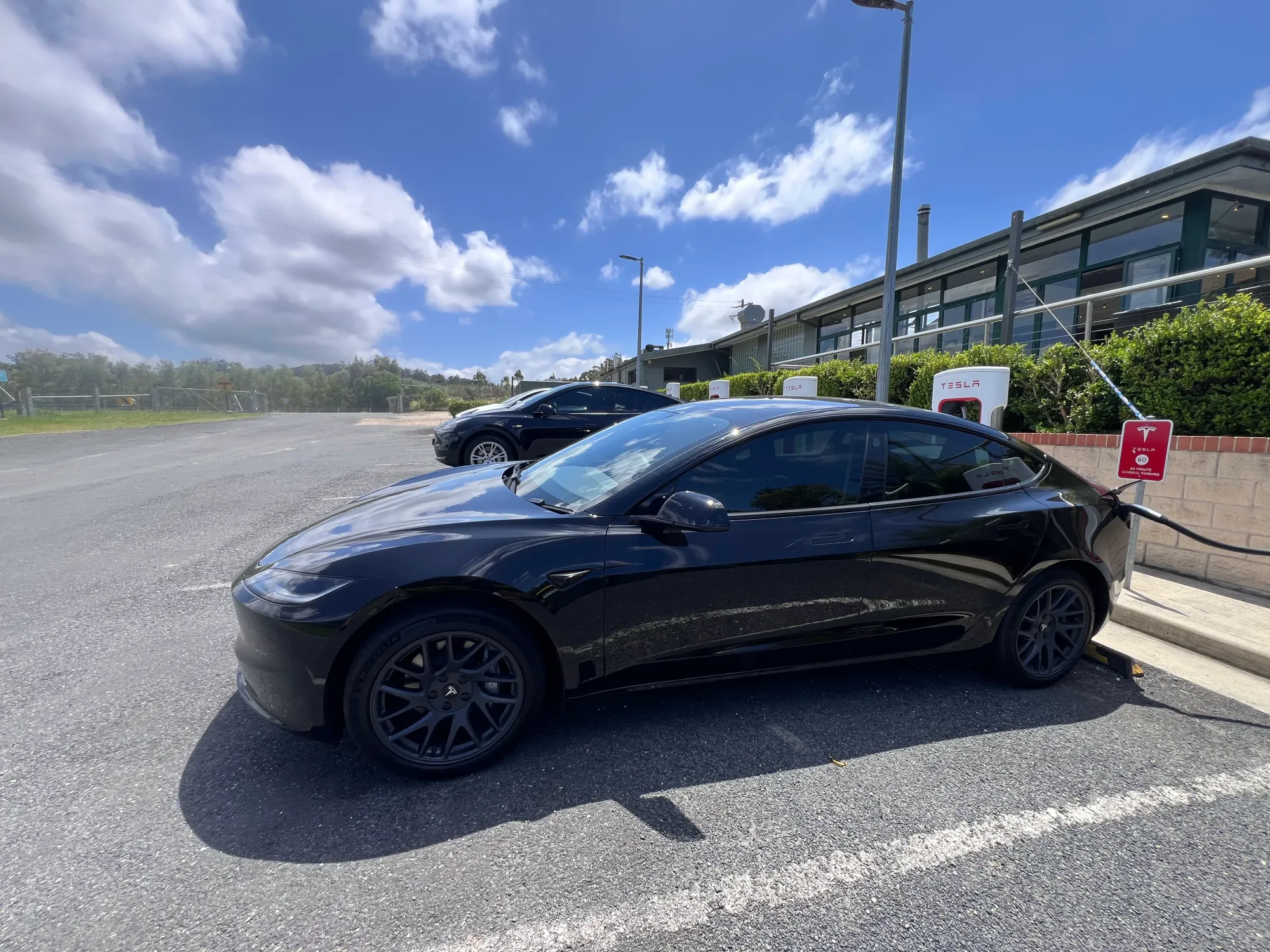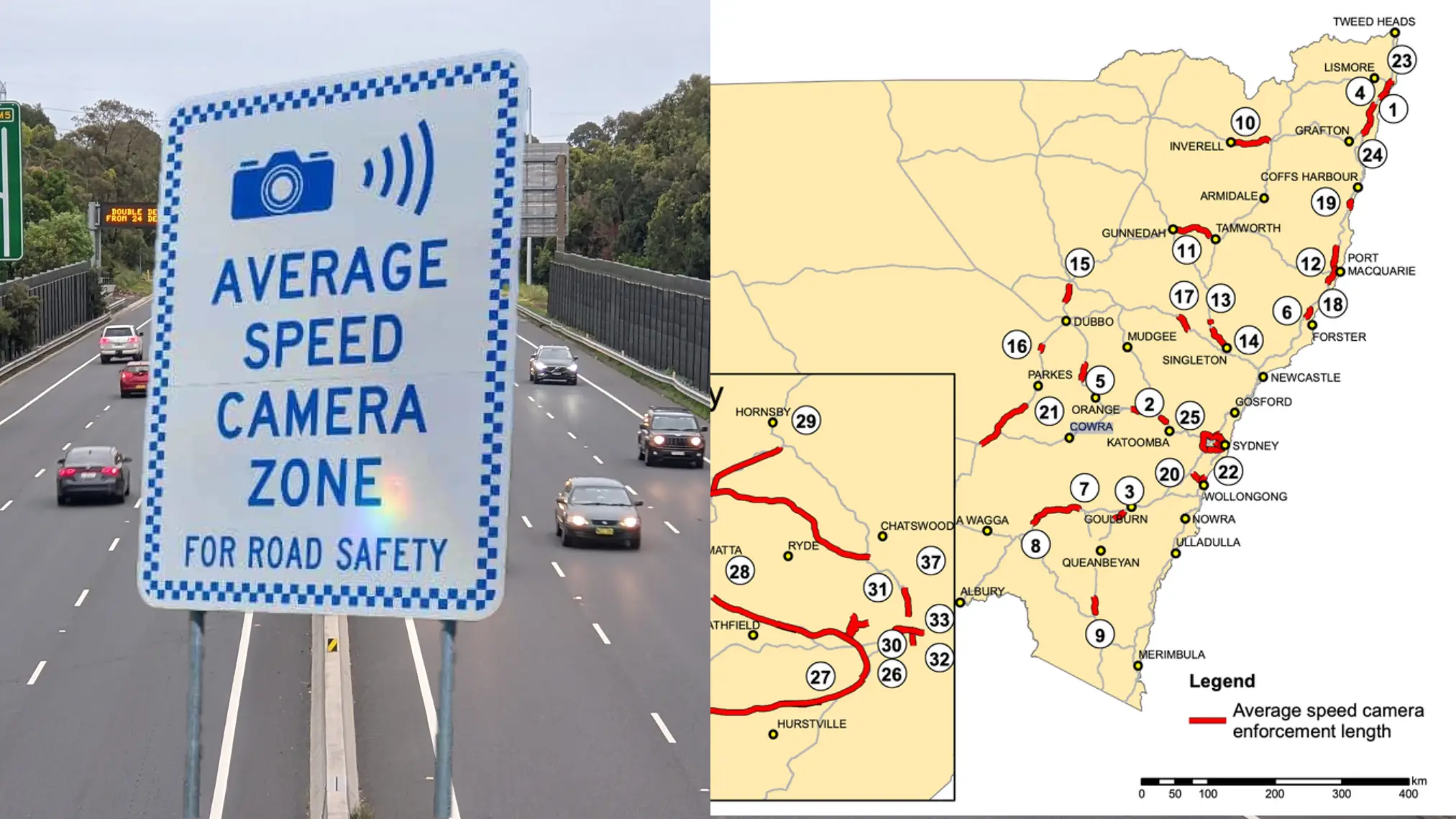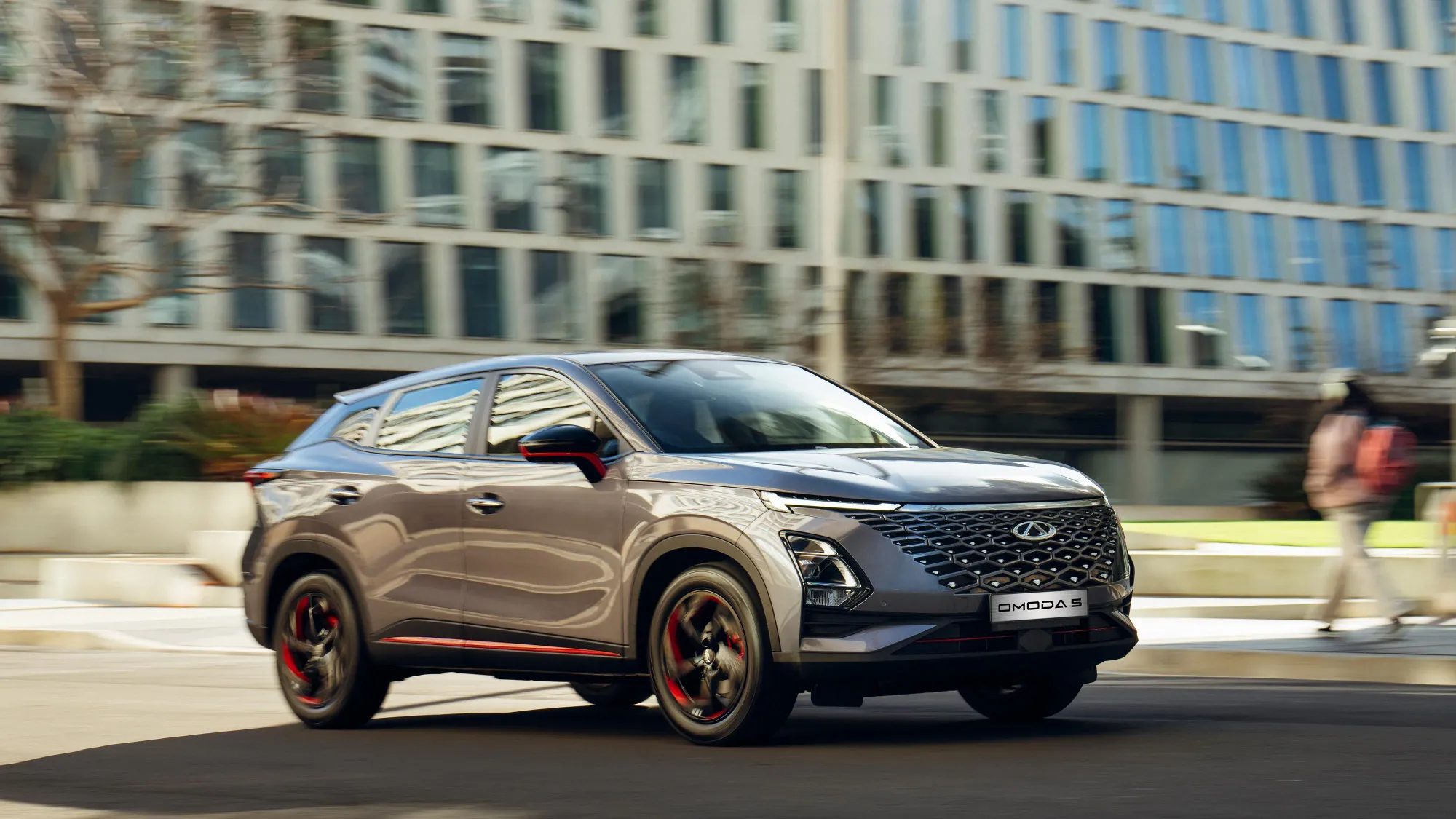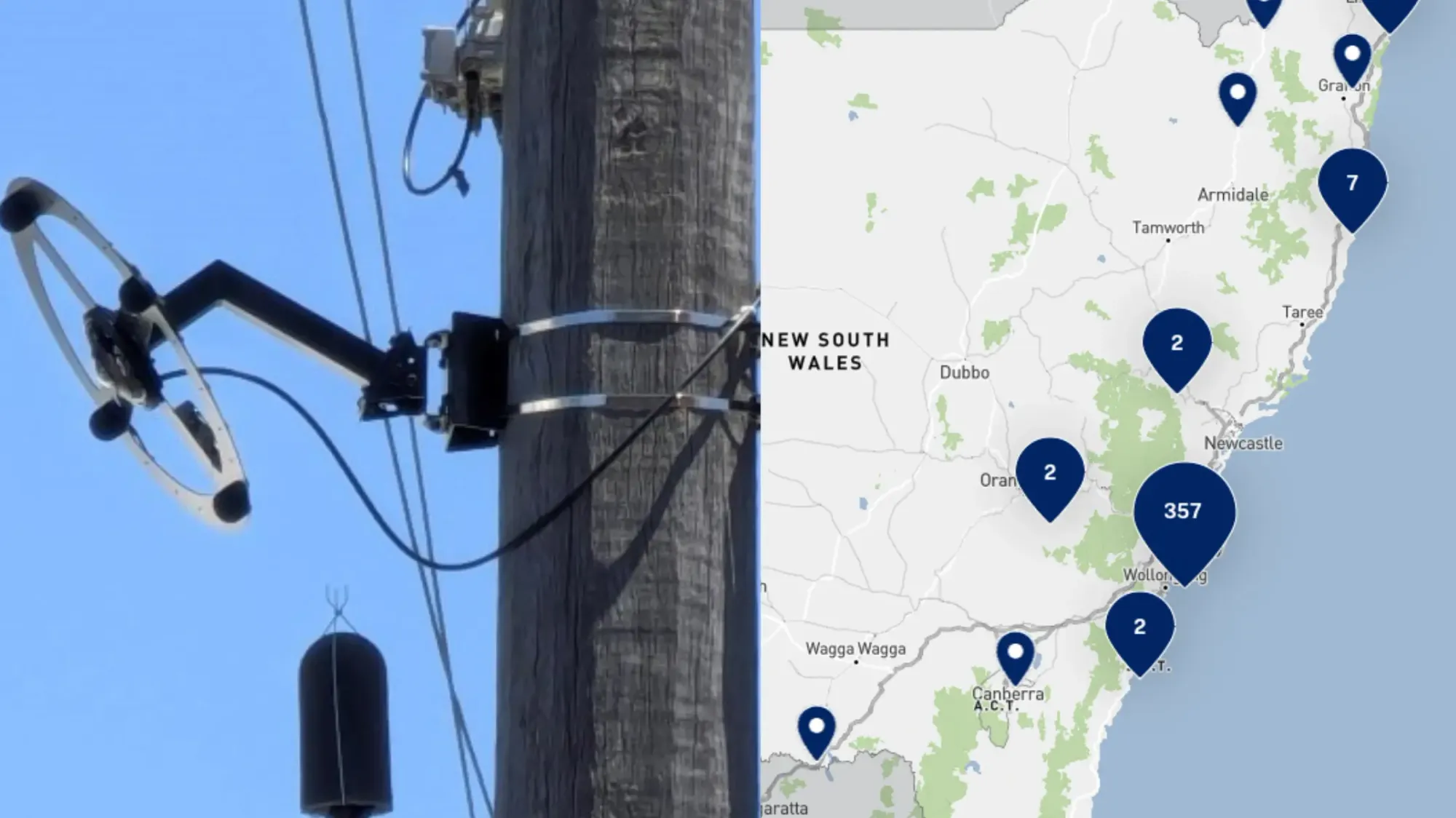The United States government is preparing to implement a ban on Chinese-made software and technology in connected and autonomous vehicles, citing national security concerns. This move is part of a broader effort to address potential data security risks associated with Chinese technology in the automotive sector.
The US Commerce Department is expected to propose rules banning Chinese software in vehicles with Level 3 automation or higher. The ban would apply to both software and certain hardware components developed in China. This move would effectively prevent the testing of Chinese-made autonomous vehicles on US roads.

The proposal aims to address concerns about data collection and potential security risks. Automakers and suppliers would need to verify that their connected vehicle software was not developed by a "foreign entity of concern" like China.
The ban would also target vehicles with Chinese-developed advanced wireless communications modules. This action follows concerns raised by US officials about the data collected by autonomous vehicles potentially being sent to Beijing.
The proposal is part of a broader US strategy to limit Chinese technological influence in critical sectors. The automotive industry may face challenges in complying with these new regulations, given the global nature of supply chains.

The ban could have significant implications for Chinese automakers looking to enter the US market with advanced vehicle technologies.
As the automotive industry increasingly moves towards connected and autonomous technologies, the US government's proposed ban on Chinese-made software and components highlights the growing intersection of national security concerns and technological advancement in the sector. This move is likely to have far-reaching implications for global automotive supply chains and international trade relations.













